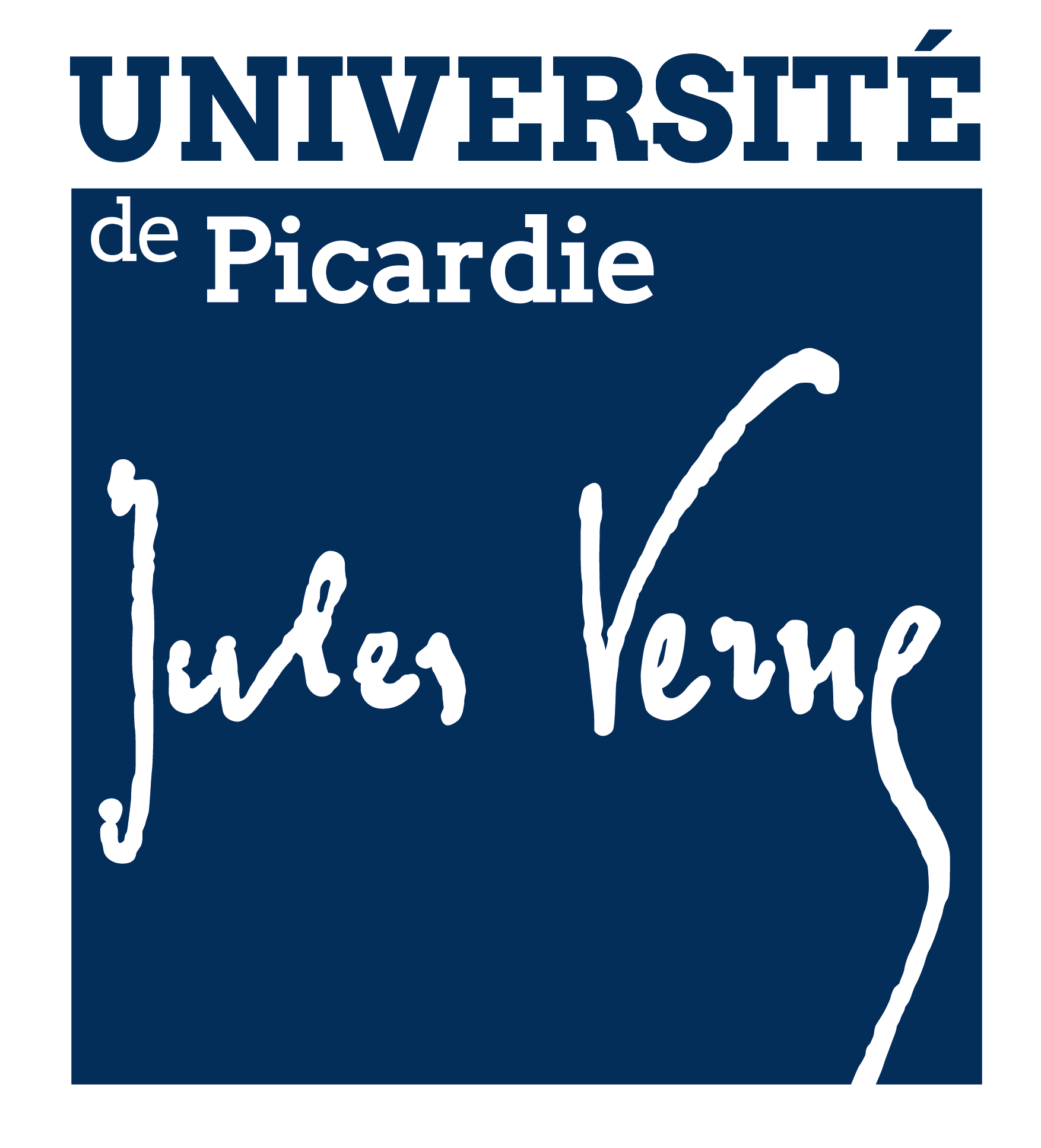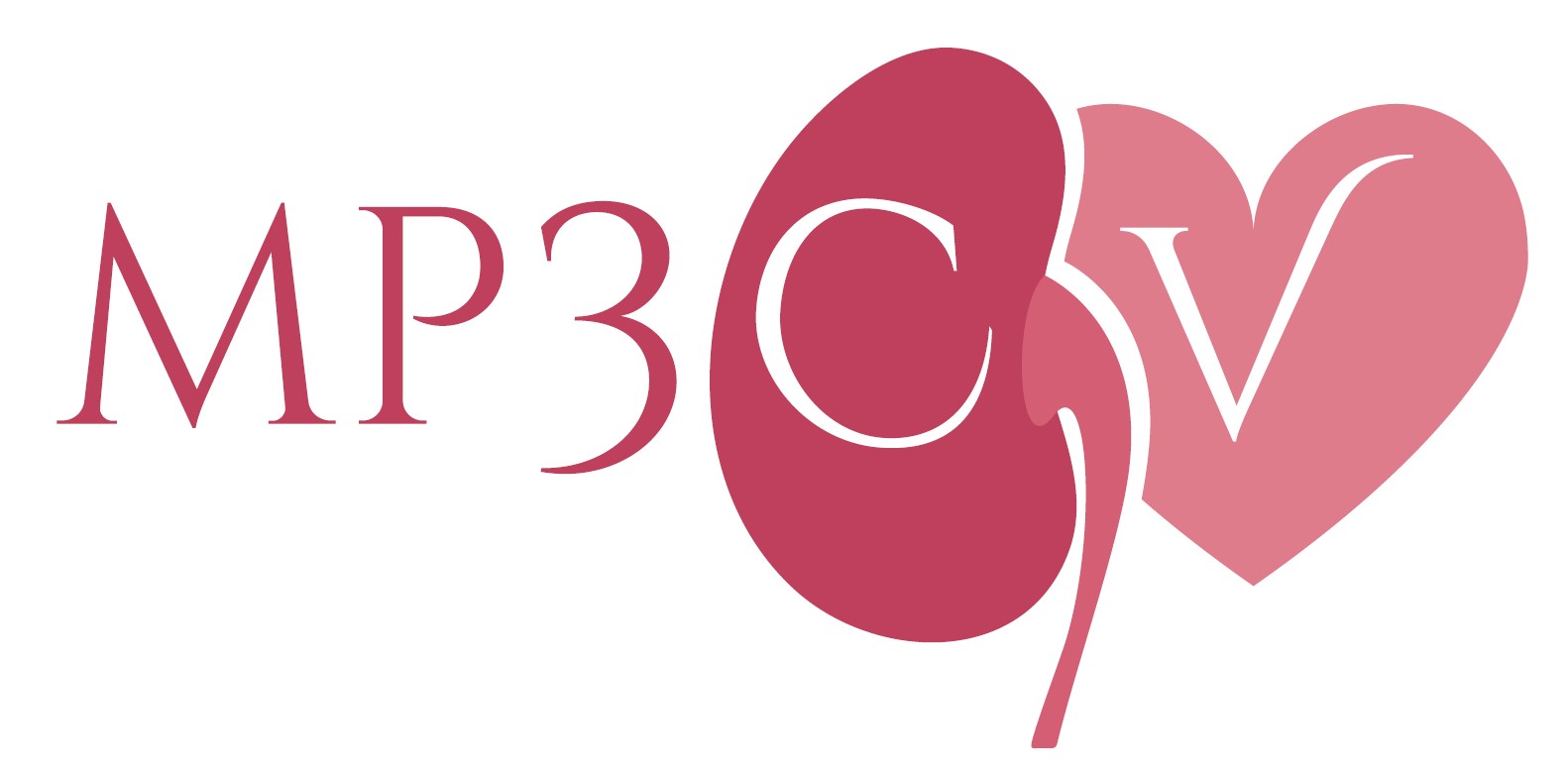Optimal Heart Failure Medical Therapy and Mortality in Survivors of Cardiogenic Shock: Insights From the FRENSHOCK Registry
Résumé
Background The effects of pharmacological therapy on cardiogenic shock (CS) survivors have not been extensively studied. Thus, this study investigated the association between guideline‐directed heart failure (HF) medical therapy (GDMT) and one‐year survival rate in patients who are post‐CS. Methods and Results FRENSHOCK (French Observatory on the Management of Cardiogenic Shock in 2016) registry was a prospective multicenter observational survey, conducted in metropolitan French intensive care units and intensive cardiac care units. Of 772 patients, 535 patients were enrolled in the present analysis following the exclusion of 217 in‐hospital deaths and 20 patients with missing medical records. Patients with triple GDMT (beta‐blockers, renin‐angiotensin system inhibitors, and mineralocorticoid receptor antagonists) at discharge (n=112) were likely to have lower left ventricular ejection fraction on admission and at discharge compared with those without triple GDMT (n=423) (22% versus 28%, P <0.001 and 29% versus 37%, P <0.001, respectively). In the overall cohort, the one‐year mortality rate was 23%. Triple GDMT prescription was significantly associated with a lower one‐year all‐cause mortality compared with non‐triple GDMT (adjusted hazard ratio 0.44 [95% CI, 0.19–0.80]; P =0.007). Similarly, 2:1 propensity score matching and inverse probability treatment weighting based on the propensity score demonstrated a lower incidence of one‐year mortality in the triple GDMT group. As the number of HF drugs increased, a stepwise decrease in mortality was observed (log rank; P <0.001). Conclusions In survivors of CS, the one‐year mortality rate was significantly lower in those with triple GDMT. Therefore, this study suggests that intensive HF therapy should be considered in patients following CS.
| Origine | Fichiers produits par l'(les) auteur(s) |
|---|





